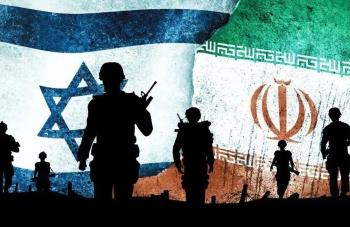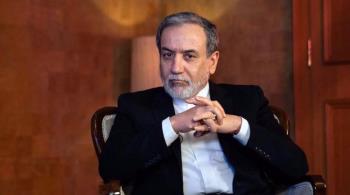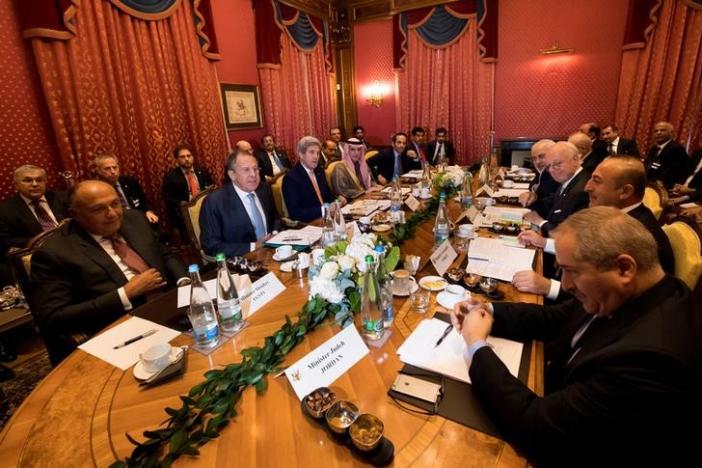Alwaght- Hours of multilateral talks in Lausanne ended behind closed doors without any tangible results on Saturday.
The talks attended by foreign minister of the US, Russia, Iran, Iraq, Saudi Arabia, Turkey, Qatar, Jordan, and Egypt as well as UN Special Envoy for Syria Staffan de Mistura began Saturday morning weeks after a painstakingly crafted US-Russian ceasefire plan collapsed when the US-led warplanes raided the position of Syrian army in Deir Ezzor, killing 80 soldiers and paving the way for terrorist groups to re capture the site.
The talks lasted more than four hours behind closed doors but ended without even the release of a joint statement by the participants.
"There are some ideas that we discussed today in a circle of pretty powerful countries, that might affect the situation," Russian foreign minister Sergei Lavrov said following the talks as cited by RIA Novosti. The talks' participants have agreed to continue working on the issue in the following days, "hoping for certain agreements" to help move the peace process forward, he added.
Meanwhile the US foreign minister, John Kerry had more positive view on the outcome and told reporters there was consensus on a number of options that could lead to a ceasefire, but conceded that there had been some tense moments during Saturday's talks.
"I would characterize this as an example of what we wanted, which was a brainstorming and a very candid first-time discussion," he said. "A number of ideas came from the number of different ministers as we hoped that might be able to shape some different approaches."
Iran was reluctant to participate in the talks at first but agreed to attend after some of its conditions, including an increase in the participating countries, were met.
Following the meeting, Iranian Deputy Foreign Minister Hossein Jaberi Ansari said that almost two-thirds of the meeting was spent on the discussion of separating the so-called “moderate opposition” groups from the terrorists.
One of the main obstacles for any prospect ceasefire in Syria is the US refusal to separate its so-called moderate opposition groups from the terrorist organizations, a problem mentioned by the Russian minster before the initiation of Lausanne talks.
Russia has “no special expectations” for the future talks on Syria as the US refuses to take reciprocal steps on the issue, Lavrov said on Friday.
Jaberi Ansari noted that other topics discussed during the session include the reasons behind the failure of the last ceasefire, and transfer of humanitarian and medical aid to Aleppo and other regions.
Aleppo, Syria's second largest city, has been divided between government forces and foreign-backed terrorists and militant groups since 2012.
"The general agreement was that talks between the participant countries continue as soon as possible,” he said.
Speaking to Turkish media following the Swiss talks, Turkish Foreign Minister Mevlut Cavusoglu said that Ankara stands for "direct talks" between the Syrian government and what he called a "moderate opposition." He also stressed that fighting ISIS must continue in the region, even after the ceasefire is concluded.
On the sidelines of the meeting, Lavrov held separate talks with Iranian Foreign Minister Mohammad Javad Zarif and Iraqi Foreign Minister Ibrahim al-Jaafari.
Europe was not represented at the meeting. But France's Foreign Ministry confirmed that Kerry and foreign ministers of like-minded nations planned to meet in London on Sunday to discuss Syria.
Kerry said parties to the Lausanne talks would contact each other on Monday to follow up.
However Reuters reported Western diplomats in Lausanne as saying that the meeting appeared ill-prepared and vague in its goals, and the list of invitees had been clarified only at the last moment.
Earlier, Kerry met separately with his Saudi counterpart Adel al-Jubeir and with Lavrov to discuss the logistics of the meeting.
The conflict in Syria, which flared up in March 2011, has claimed the lives of more than 400,000 people, according to an estimate by de Mistura.



























